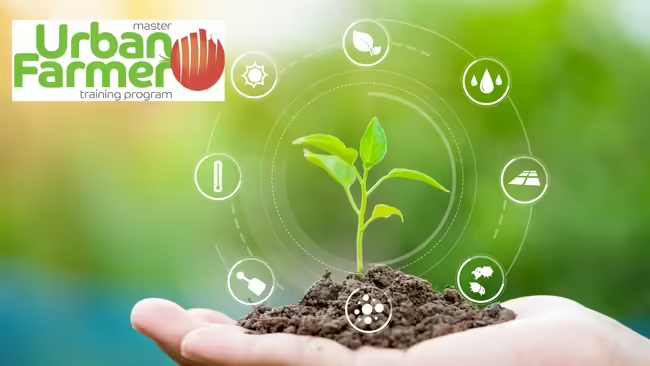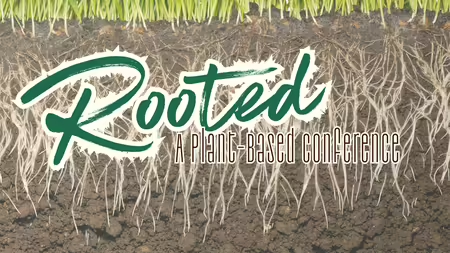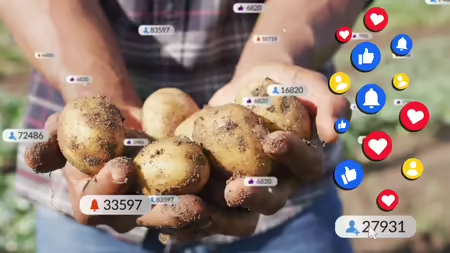
About the program:
After completing this 12-week course, participants will understand how implementing systems and standardized production practices expands a farm's capacity to produce food. They will have the knowledge to grow, harvest, plan, market, and finance an urban farm.
Applications due by Aug. 16 for the Kane County area. (NOTE: Applications are now closed.)
Designed for:
- Anyone with 2 or more years growing food.
- Entrepreneurs who want to start an intensive urban produce farm.
- Community members who want to develop their skill set to increase food security and/or establish a community food system project in their neighborhood.
- Master Gardeners interested in intensifying their food production skills.
- Educators who want to bring production knowledge back to their organization.
- Growers interested in more intensive training programs, but not sure if they want to commit the time or money.
Course Structure:
- Live Zoom lectures once a week.
- In-person field days (optional) in Kane County.
- Weekly homework is graded as complete/incomplete.
- Dedication to course materials outside of class is expected.
Instructors:
Extension Educators Alexis Barnes, Zack Grant, and Kathryn Pereira are the primary instructors, with guest lectures from topic experts. Local urban farmers will share their real-world experiences and lessons learned following some lectures.
Schedule:
The program runs for 12 weeks September 23 - December 9, 2024. It is delivered virtually from 6 to 8 p.m. on Mondays with a field day scheduled for Saturday September 28, 2024. Cost is $25. The course fee for Kane County residents has been significantly reduced thanks to a grant from the USDA’s Office of Urban Agriculture and Innovative Production.
Topics include:
- Business plan basics
- Compost and media-based growing systems
- Community development
- Composting
- Cover crops
- Designing a vision & mission
- Emerging specialty crops
- Farm finances
- Farm law basics
- Food safety
- Grants & funding
- Harvest and post-harvest handling
- Integrated Pest Management (IPM)
- Introduction to urban agriculture
- Irrigation
- Marketing
- Planning and record keeping
- Tools and equipment
- Transplant production
- Season extension
- Site selection
- Small farm
- Urban soils
- Weed management

